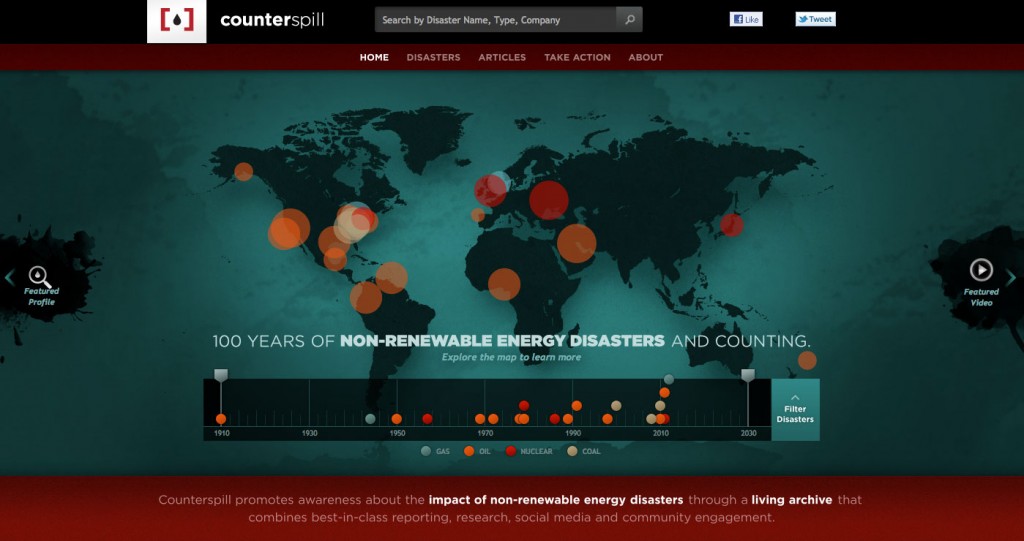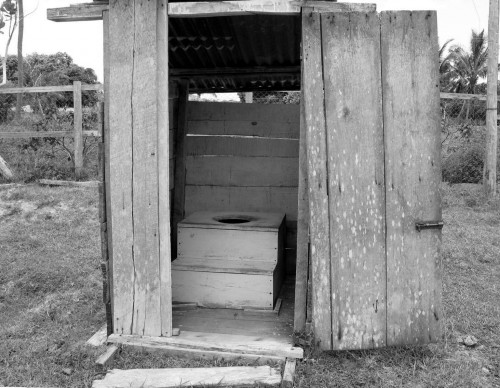One thing that generally annoys me about the media is how just-breaking stories balloon into an all-encompassing sensational cloud, as the most important news story EVER in the history of time, and how when, three weeks later, you hear nothing about it, as if it never occurred. Nada. I was reminded of this phenomenon when the charges were filed last month against BP for the horrific 2010 Deepwater Horizon oil spill. Oh yeah, that.
Has it really been two years since it happened? Granted there’s usually a lengthy investigation involved after these types of occurrences, which may account for the resolution time gap. However, we’ve seen how corporate money can buy votes via advertising dollars; similarly, energy companies are fast to put their incidents to bed, minimizing liability and blame.
The BP calamity alone is enough to make us question our dependence on non-renewable resources. Or at least it should be. But what about all the other man-made disasters that have slipped out of memory? I encourage you to explore Counterspill.org, a website built as a multi-tiered communication tool to respond to energy industry narratives. This comprehensive site is a detailed resource including broad information on 100 years of man-made disasters world-wide, presented in an easy-to-understand (and bad-movie-addictive) format.
The site, developed by Philadelphia-based Bluecadet, was launched on the one-year anniversary of the BP oil spill, and features an interactive timeline of disasters. Built on a Drupal interface, the site overlays history with real-time information, constantly morphing with each addition.
Global energy disasters offer us a chance to question and change behavior, which we promote by inciting dialogue that transcends mainstream media. —Counterspill.org
$4.5 billion dollars is a lot of money. That’s what BP was charged for damages and lives lost in that terrible mishap. Taking a moment to visualize it not happening — or the Chernobyl disaster, or the Upper Big Branch mine explosion in West Virginia, or any of the other tragedies that are a direct result of our dependence on Earth’s non-renewable resources — is free.



Hi Jami,
Thanks for the Counterspill love! 🙂 We of course totally agree, the cost of non-renewable energy is much greater than the price we’re paying up front. Keeping these disasters in the forefront and combating industry spin is really important!
I just wanted to point out that Counterspill was started by a few activists who raised grant money from the Rockefeller Foundation, the Wallace Global Fund, and the Sidney Frank Foundation. With this money our team (http://www.counterspill.org/team) was able to hire Bluecadet to execute our idea. They developed an awesome website for us. We’re currently working to find new global partners in order to get more grant funding to expand our reach and chronicle more disasters. Thanks again for your support!